Scientific research in the Department of Earth, Atmosphere, and Climate spans four themes. Together, we tackle regional and global challenges with interdisciplinary and quantitative approaches. Our innovative research is funded by prestigious national grants and connected to campus, national, and international facilities and resources. Undergraduate researchers in the College of Liberal Arts and Sciences work alongside our world-renowned faculty members and help push the boundaries of science and innovation.Our graduate program fosters a rigorous and vibrant community for students of all backgrounds to advance their scientific training.
Research
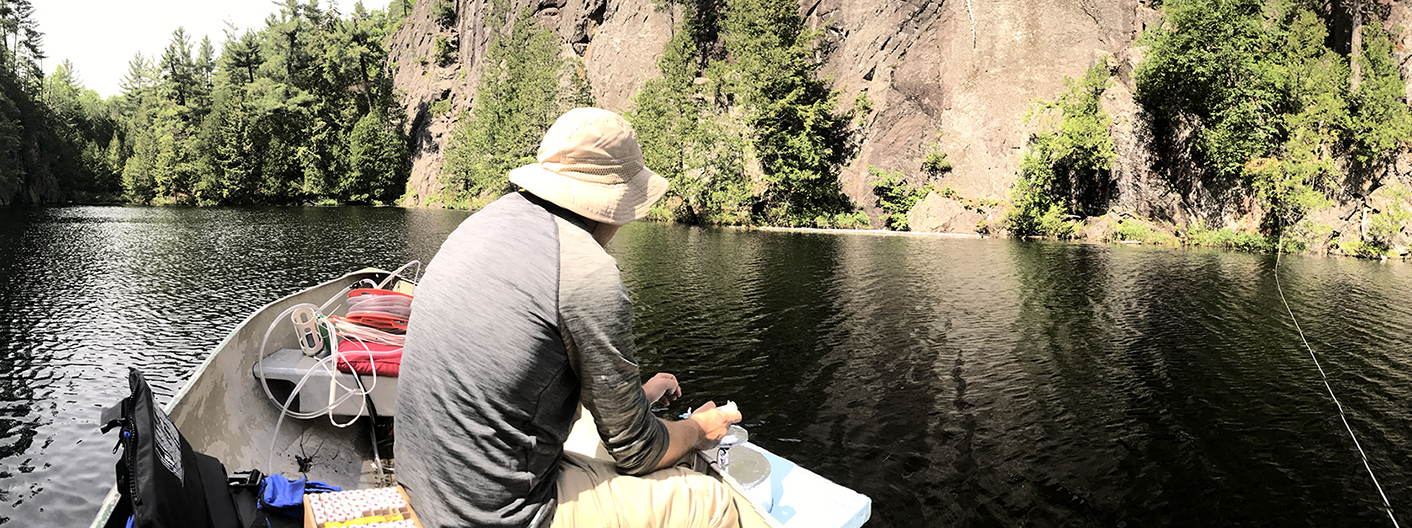
Research themes
Earth and Environmental System Processes
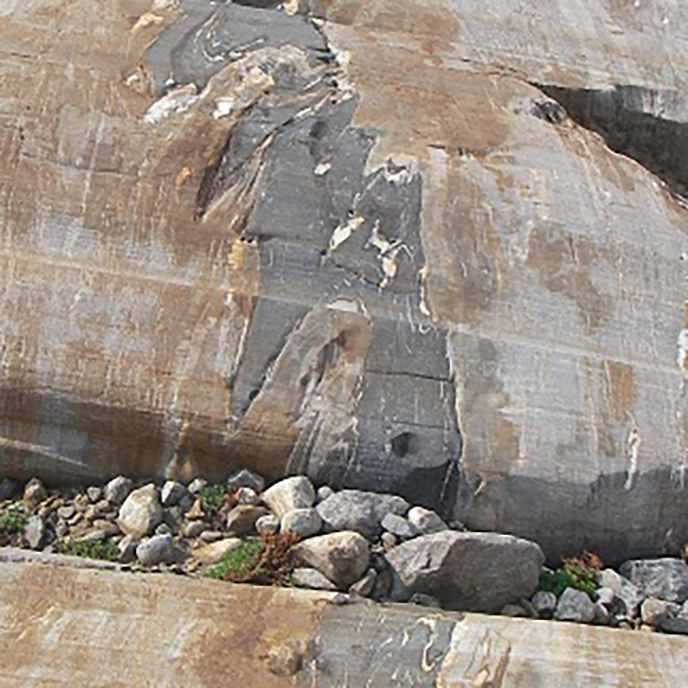
This theme explores the Earth as a series of interconnected systems, encompassing Geological Deformation, Earthquakes and Dynamics, Co-evolution of Earth and Life, and Earth System Evolution. Processes in both Earth’s interior and on the surface interact across time and space. Life, water, the atmosphere, and the solid planet shape the cycles and patterns we observe today.
Faculty: Igor Beresnev, Ben Johnson, Jacqueline Reber, Kristie Franz, and Betsy Swanner.
Resources: EaSEL, Geobiochem, Structure Lab
Meteorology and Atmospheric Science
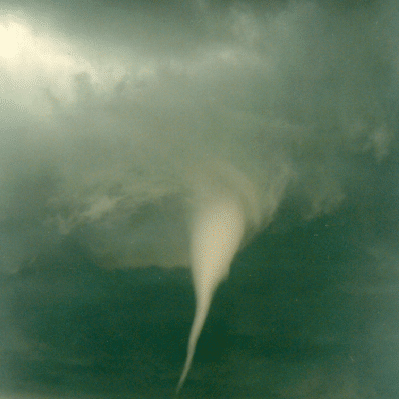
This theme encompasses quantitative approaches to analyze and predict weather on time scales from the next hour to seasons ahead via Numerical, Analytical, and Artificial Intelligence Modeling, and Data Assimilation. Research in this area improves forecasting, including extreme weather events, by understanding the physical mechanisms that drive weather and climate variability and change.
Faculty: Dave Flory, Bill Gallus, Robert Nystrom, Christina Patricola, and Ian Williams.
Resources: The Nova High Performance Computing cluster
Climate: Past, Present and Future
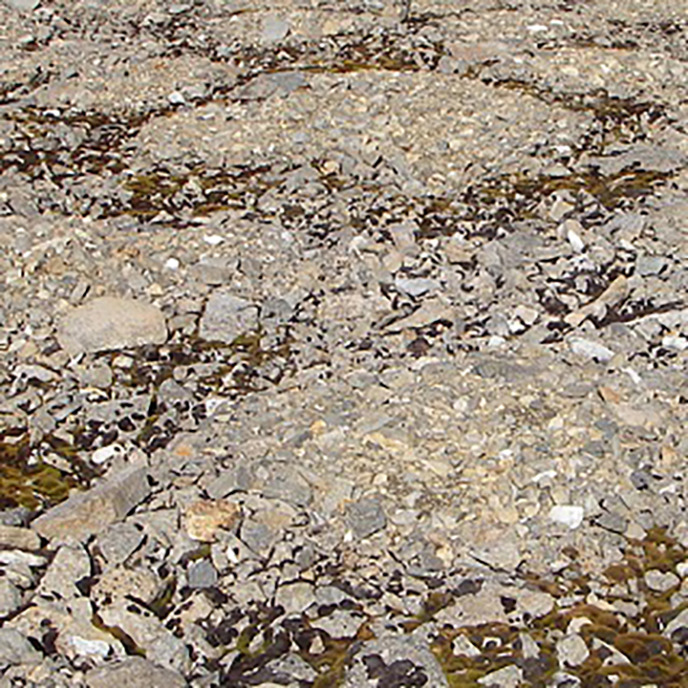
This theme focuses on understanding the Hydrologic Variability, Reconstructing Past Climate Variability, Atmosphere-ocean Interactions, and Land-atmosphere Interactions. A comprehensive understanding of climate change and associated environmental responses requires studying modern climate processes, quantifying past climate change, and using models to estimate future change.
Faculty: Kristie Franz, Ben Johnson, Christina Patricola, Al Wanamaker, Ian Williams, and Aaron Wood.
Resources: SIPERG
Geoscience Concepts
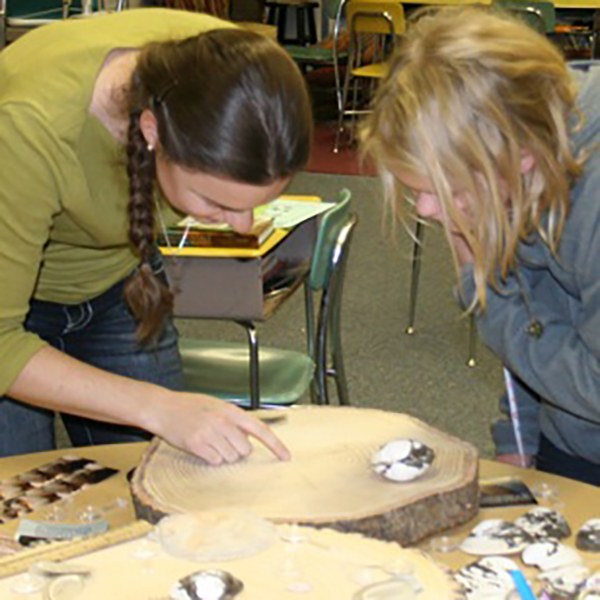
This theme focuses on communicating and teaching concepts in the above three themes using Interactive and Virtual Geoscience and Teaching as Research. Activities in this theme reflect our commitment to innovate in geoscience teaching, foster the success of students, and communicate sound science to the general public.
Faculty: Cinzia Cervato, Dave Flory, Bill Gallus, Chris Harding, Lindsay Maudlin, Katie Tott, and Aaron Wood.
Resources: VRAC, ISU ADVANCE Midwest Partnership
